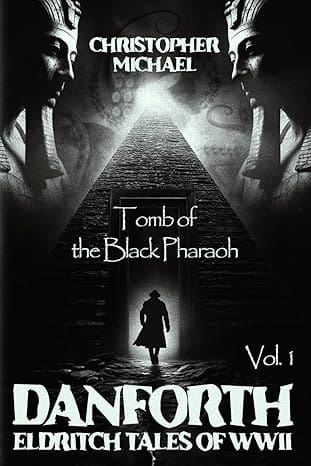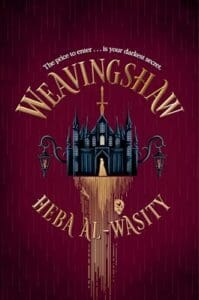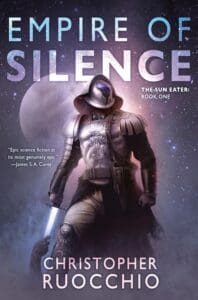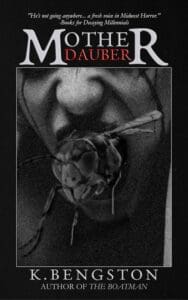
Synopsis:
In this Lovecraftian tale of horror and espionage, Tomb of the Black Pharaoh follows Robert B. Danforth, a former Miskatonic University scholar still reeling from the horrific events At the Mountains of Madness. Now part of the newly formed Office of the Coordinator of Information (COI) – the predecessor of the famed Office of Strategic Services (OSS) – Danforth is dispatched to Cairo to thwart a Nazi plot to recover the Talisman of Nephren-ka, buried deep within the lost tomb of Black Pharaoh. Said to grant unspeakable power, the artifact could tip the scales of World War II in the Nazis’ favor. As Danforth delves into the ancient tomb, he faces cults devoted to Nephren-ka, Nazi occultists, and cosmic horrors that strain the limits of his sanity.
Danforth must battle not only the looming threat of the Nazis but also the terrifying implications of the Amulet’s power. As eldritch forces close in and the boundaries between reality and madness begin to crumble, Danforth realizes the cost of failure may be far greater than even the war—humanity itself may be at stake.
This heart-pounding mix of Lovecraftian horror and historical espionage will captivate fans of cosmic terror and WWII thrillers alike. It immerses readers in a world where ancient gods and modern warfare collide in a fight for ultimate power.
Review:
Lovecraft is an author I haven’t dabbled in much, but over the past year, I read At the Mountains of Madness to acquaint myself with the writer beloved by so many. Being familiar with that story—and its characters—was the perfect lead-in to Tomb of the Black Pharaoh by Christopher Michael.
This tale follows Robert B. Danforth, who survived the harrowing Antarctic expedition in At the Mountains of Madness. Though those events were both treacherous and horrifying, Danforth finds himself longing for more of the unknown. So when he’s sent to Egypt to uncover secrets of hidden, dangerous power, he accepts without question.
The most compelling aspect of Danforth’s character is the tension between his nobility and his obsession. While he is committed to doing the right thing, he’s also mesmerized—perhaps fatally so—by the eldritch horrors he encounters. That fascination consumes him, and his descent into obsession is both disturbing and deeply human.
The story moves at a strong pace, especially once the initial groundwork is laid. The action is tight and purposeful, and the characters Danforth meets are a blend of intriguing, informative, and, at times, utterly monstrous.
Where this story truly shines is in the way its world is rendered—rich in dread, thick with mystery, and painted with a thoroughly Lovecraftian brush. Each scene drips with decadent vocabulary and vivid atmosphere.
Christopher Michael masterfully weaves historical detail into the narrative without weighing it down. The backstory of Nephren-Ka, a figure borrowed from Lovecraft’s own mythos, is especially gripping. And, true to form, the story leaves readers with the central, haunting question that defines cosmic horror: Why?
Filled with the mythology, madness, and occultism that define Lovecraft’s legacy, Tomb of the Black Pharaoh is a harrowing continuation that fans of the genre will appreciate.
I had the pleasure of experiencing this book on audio, and narrator J.T. Verona brings the characters to life with impressive skill, delivering pitch-perfect accents, suspenseful monologues, and a voice that’s easy to listen to for hours. If you enjoy poetic horror, historical adventures, and obsessive journeys into the unknown, Tomb of the Black Pharaoh is a must-read (or must-listen).








Leave a Reply